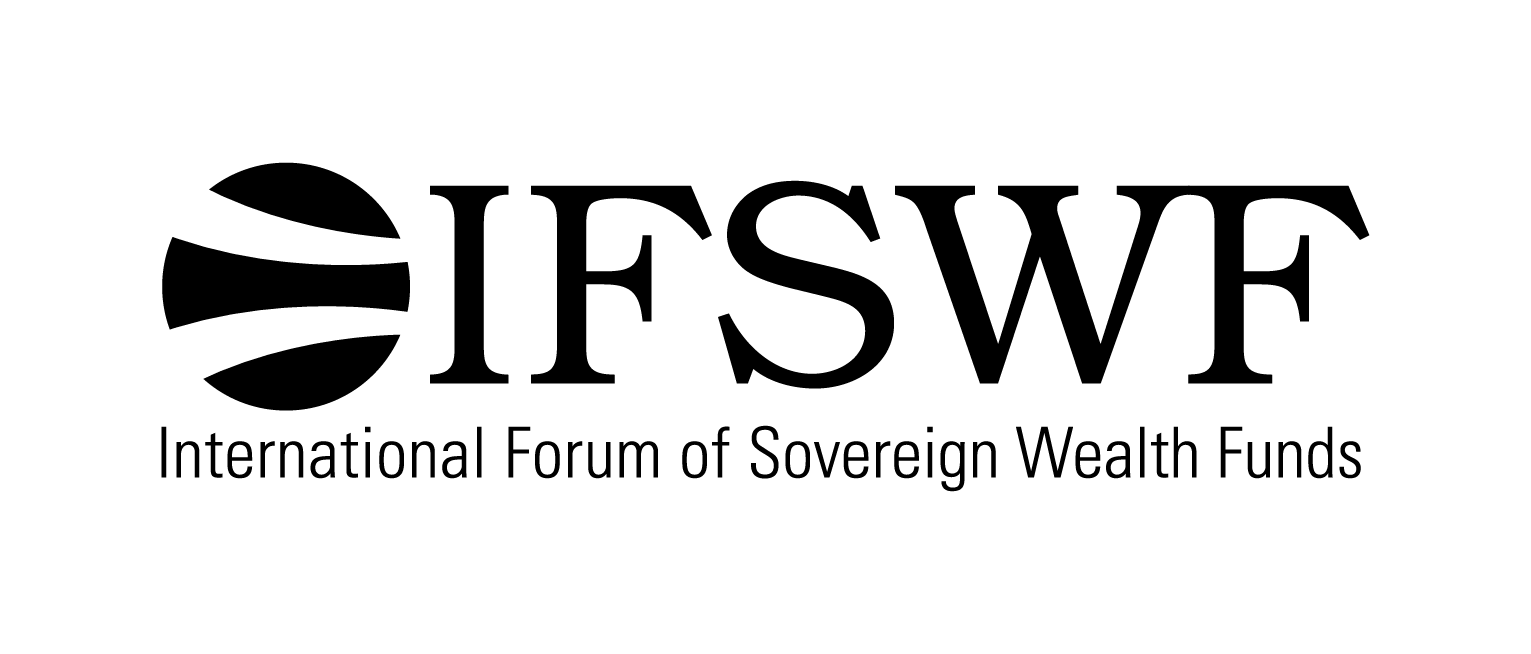Sovereign wealth funds and other institutional investors have been debating the merits of insourcing or outsourcing important investment decisions for the last decade. Despite a well-established trend towards insourcing over the past five years, according to the 2020 Invesco Global Sovereign Report,[1] many state-owned investors and central banks are planning to increase their engagement with external managers across all asset classes over the next three years. This includes sovereign investors reversing previous moves towards insourcing, with some noting that the anticipated benefits had been harder to realise than expected, leaving them unable to justify an increase in associated costs, particularly in more complex asset classes such as real estate and private equity.
Against this backdrop, sovereign wealth funds are constantly asking questions about how best to harness the expertise of managers to complement their internal capabilities while ensuring that investment implementation is coordinated with their investment strategy, governance structures and corporate culture. Many mid-sized sovereign wealth funds (those with assets of between $50 billion and $200 billion) have adopted a hybrid investment management model, using external managers for more complex or challenging tasks, such as deal origination and the day-to-day management of an asset, but retain a level of oversight of the process that enables them to ensure alignment of interests and strategy. Even those sovereign wealth funds with relatively extensive co-investment programmes in private markets do not normally source or structure direct investments but let the external manager do so.
For asset owners with limited resources in terms of staff, it makes sense to have the internal capability to choose the asset managers with which they work, even in those asset classes such as hedge funds, or private equity where gatekeepers and advisors can provide the function. Apart from the cost savings, this approach gives the asset owner more control and by keeping external managers close to the issues that the asset owner is trying to solve, it also maintains alignment.
Sovereign wealth funds that insource the management of their assets have to take a spectrum of decisions: from picking an objective, an asset allocation, risk budget, all the way through security selection. Even more importantly, they need to be careful not to create an internal clash of cultures. Yet these sovereign wealth funds also need to retain a capable investment team that can follow an external manager along the path of co-investing if, and when needed. These considerations are important both in public markets – when investment managers will be generating ideas and studying the best factors for the asset allocator – and in private markets – where portfolio managers will be selecting best in class private equity managers and selecting co-investment opportunities.
[1] Please see the full report on the Invesco website: https://www.invesco.com/igsams/en/home.html

